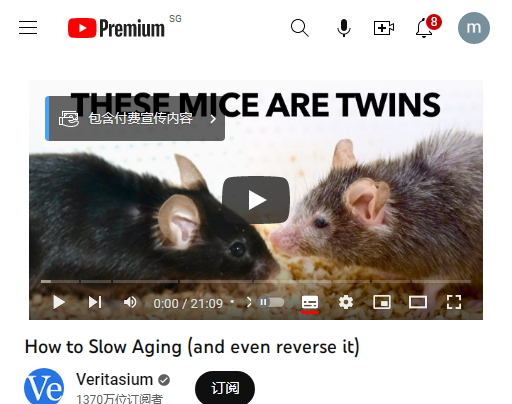The Study of Cellular Senescence can Help Researchers Delay Aging
It’s not always easy to reach the golden years. As we age, our health becomes more complex. We are at greater risk of chronic disease and have a reduced immune system. While scientists have traditionally seen the negative aspects of aging to be inevitable, new research may reveal ways to delay the aging process and improve the health for older people.
Senescent cells may be a part of chronic inflammation, which is one of the hallmarks of ageing. Yale researchers received a grant from the National Institutes of Health’s Cellular Senescence Network Program, (SenNet), [U54 AG079759], to study these specialized senescent cells. The grant will help scientists better understand the mechanisms of aging, and possible therapies to reduce inflammation in old age. The SenNet is built on ‘Geroscience’, an approach that combines basic aging biology with chronic disease and health in order to better understand cellular mechanisms which make aging one of the major risk factors for chronic diseases that affect older people. The NIH Common Fund’s support shows the NIH commitment to Geroscience, a complex and high-priority topic in biomedical science.
Ruth Montgomery, PhD is a professor of medicine, epidemiology, and microbiology (microbial disease) and the co-PI for this project. If we can understand this and find a solution, we might be able reduce the incidence of many diseases, such as cancers and heart disease.
Source:
https://medicine.yale.edu/news-article/how-studying-cellular-senescence-can-help-researchers-learn-to-delay-aging/




